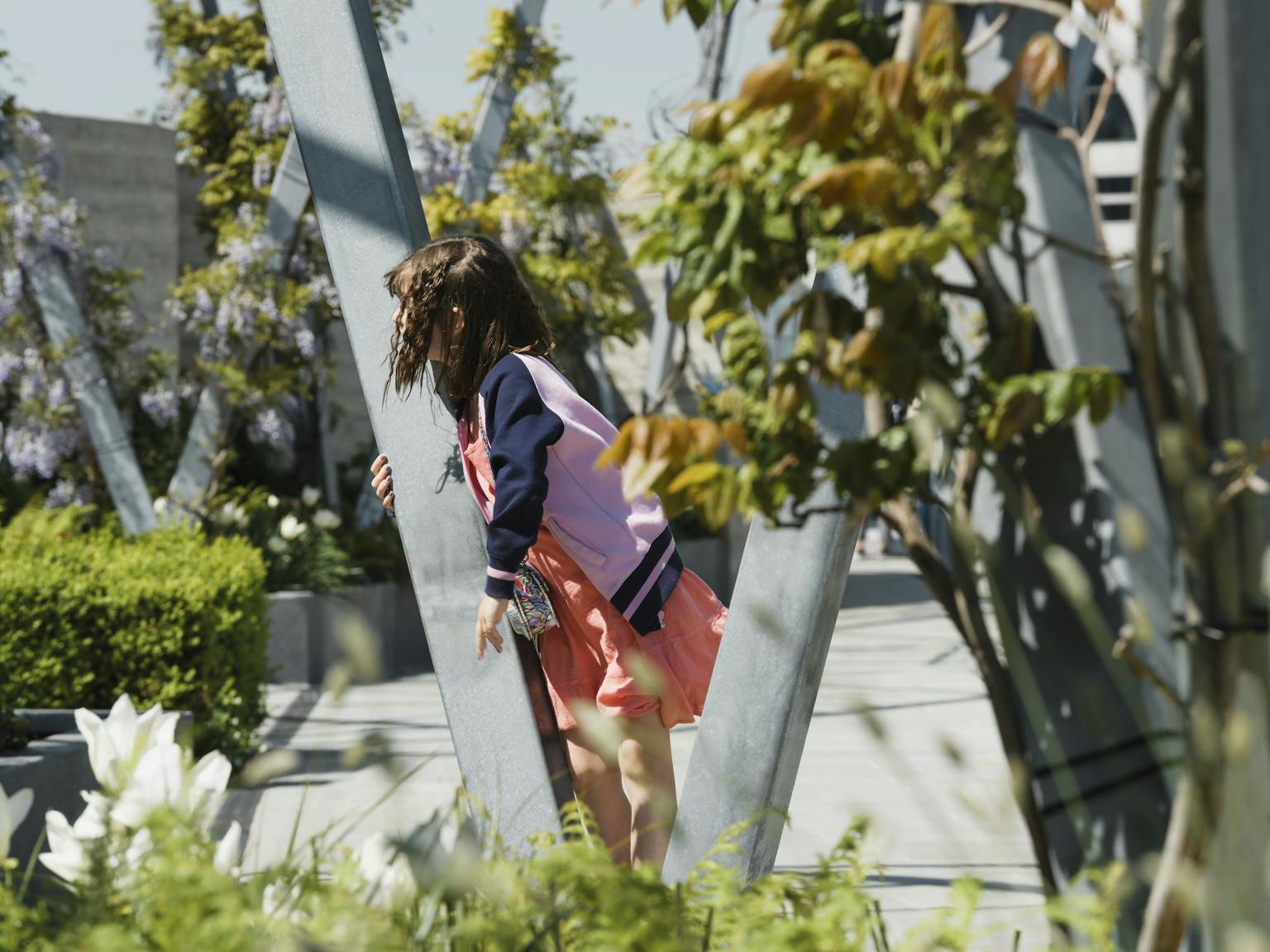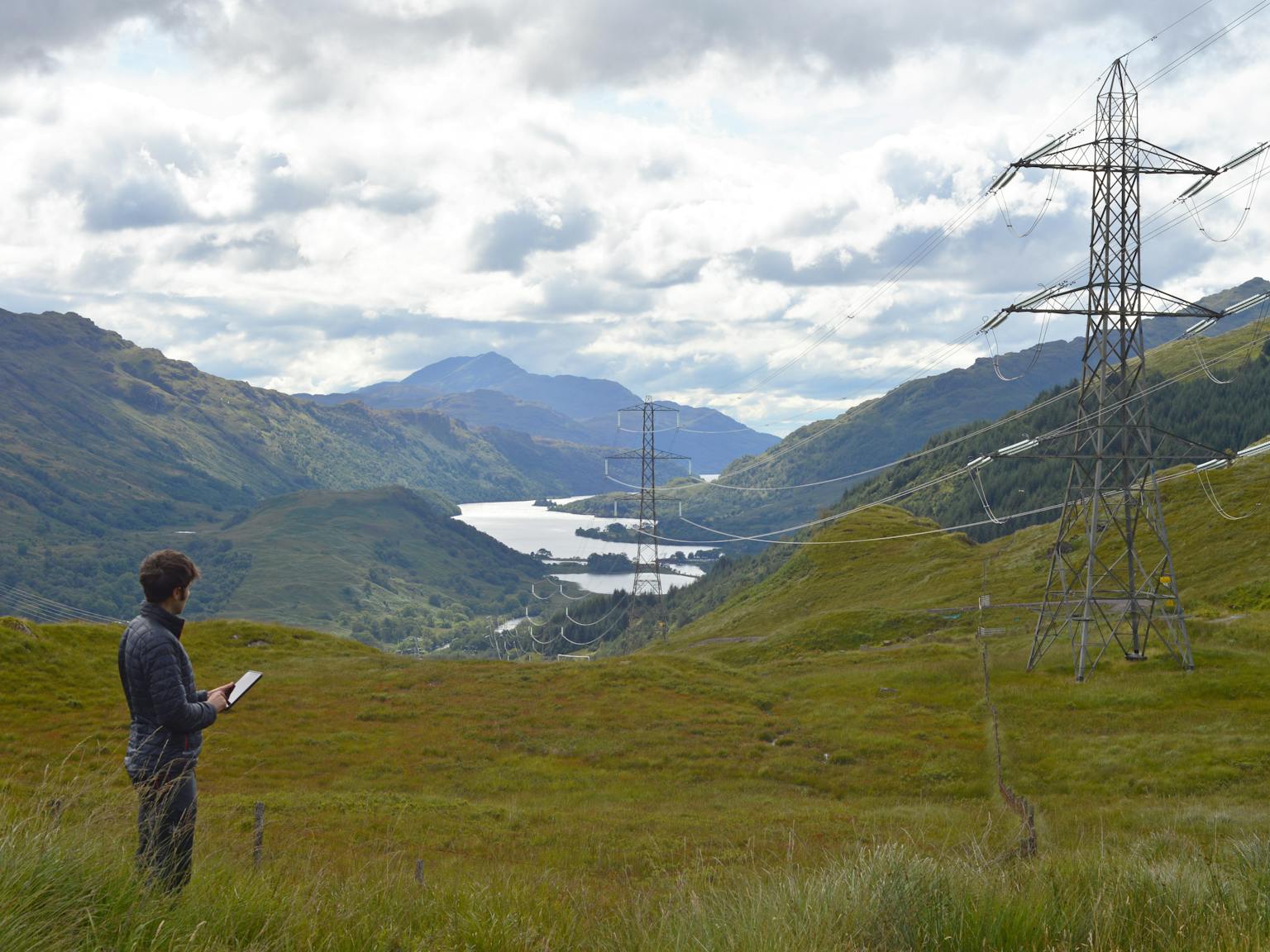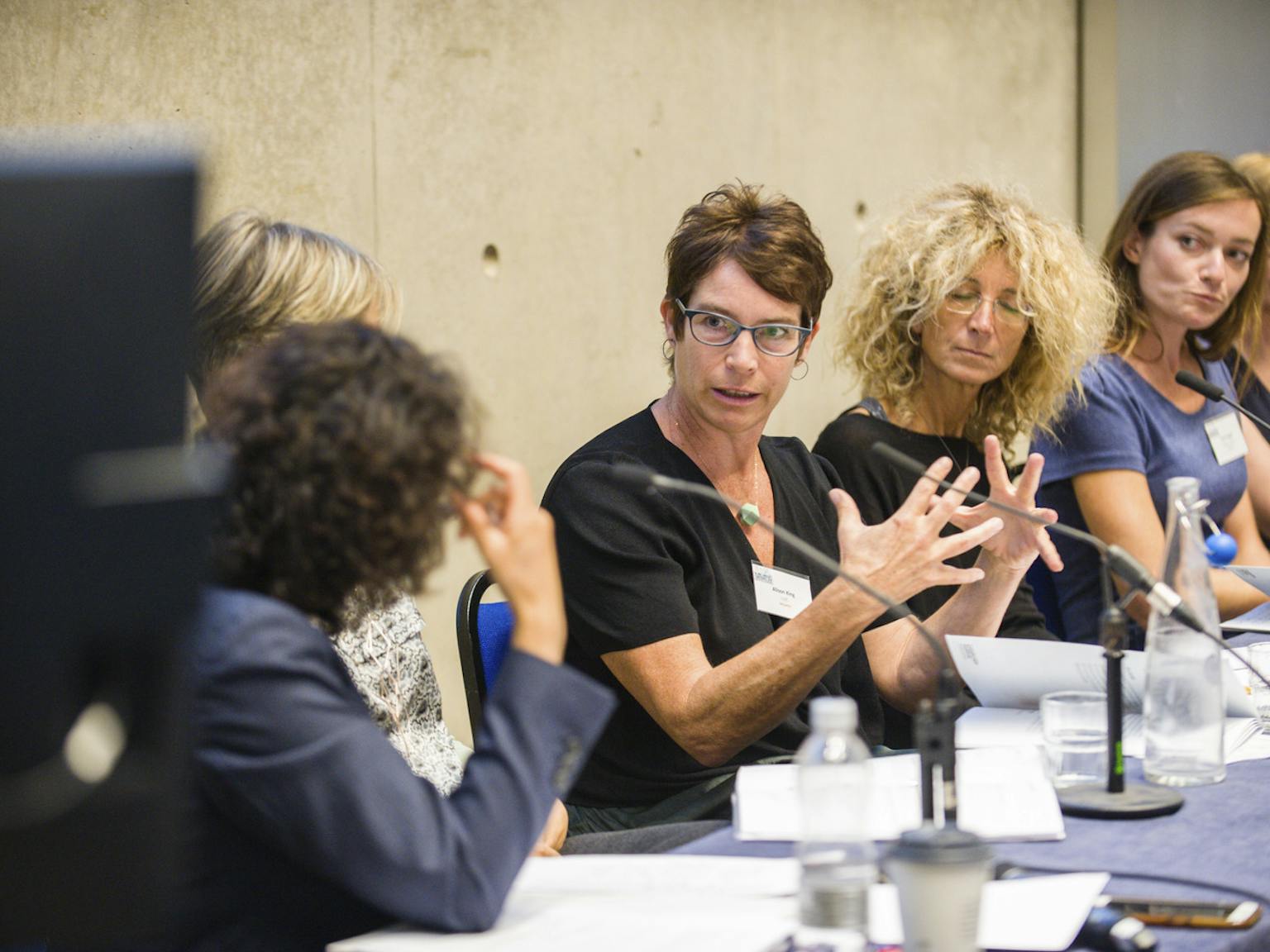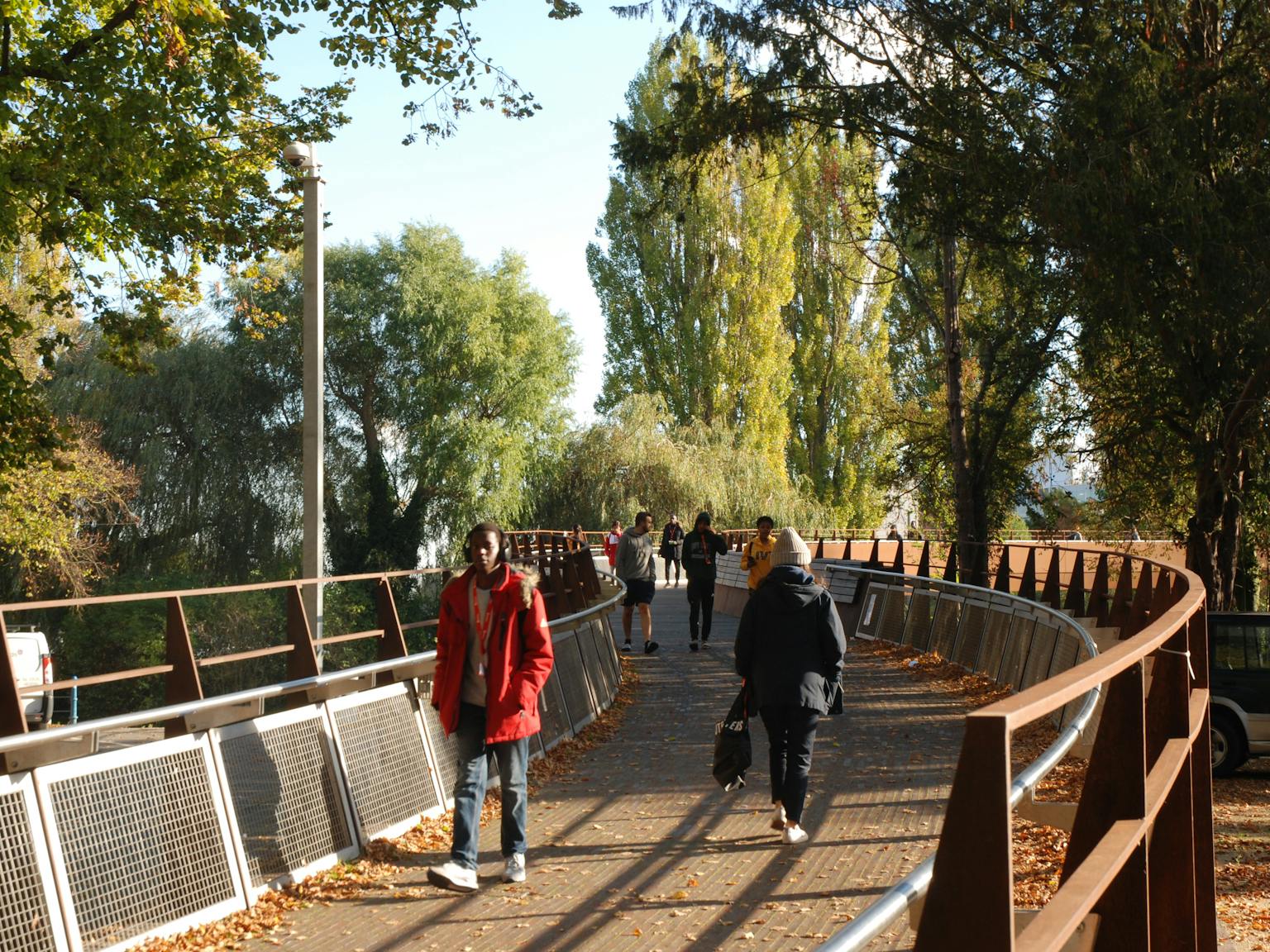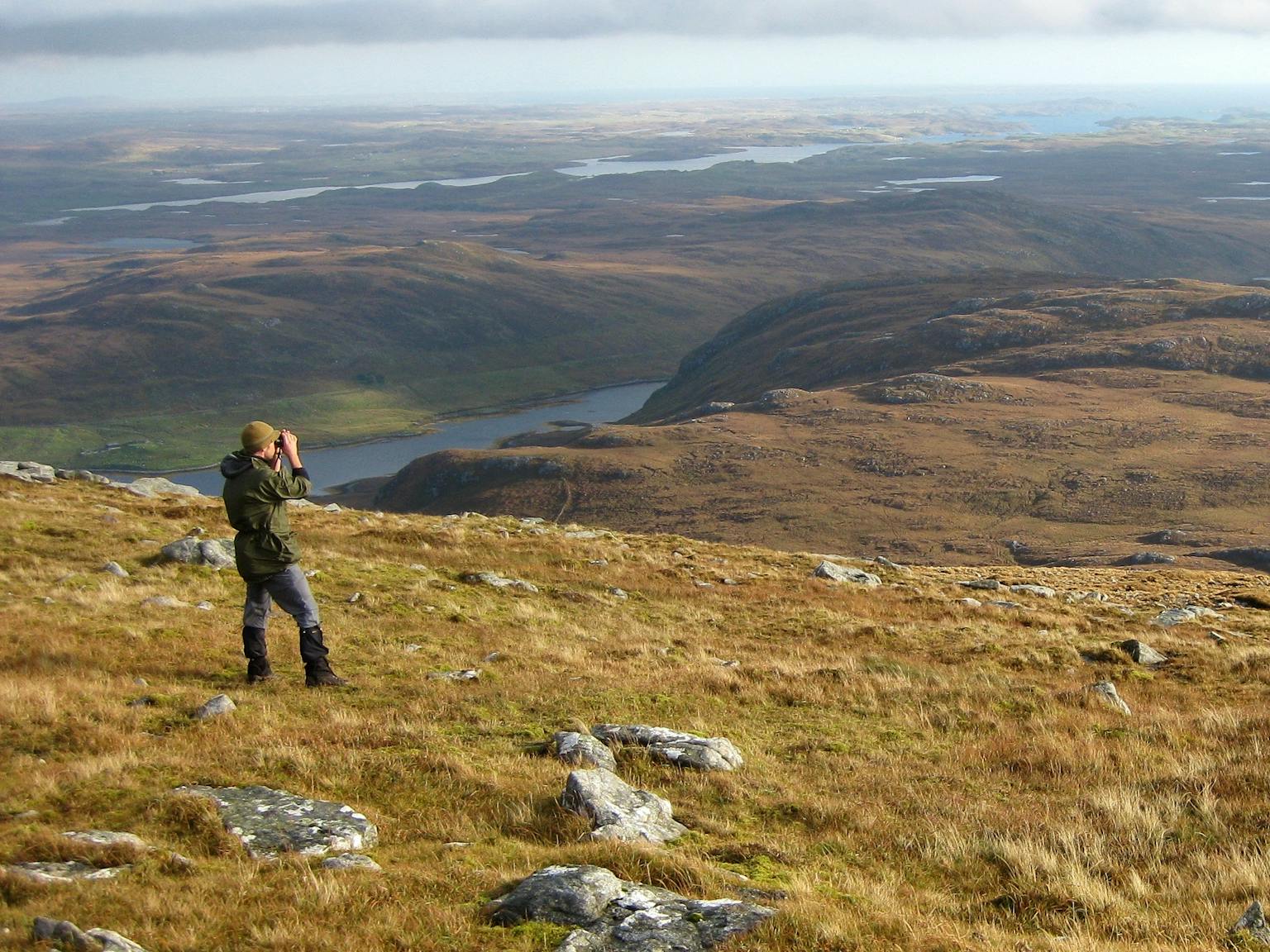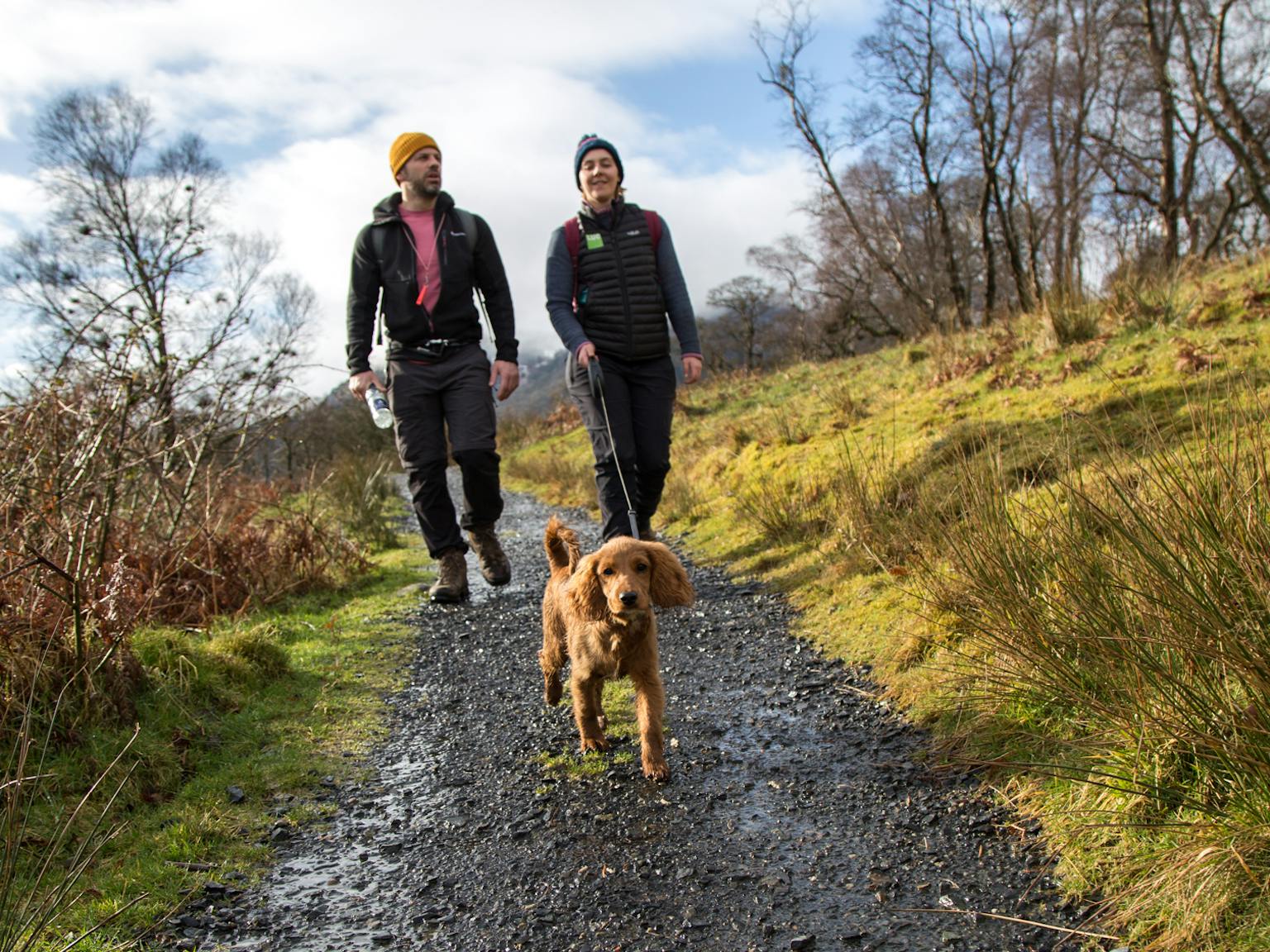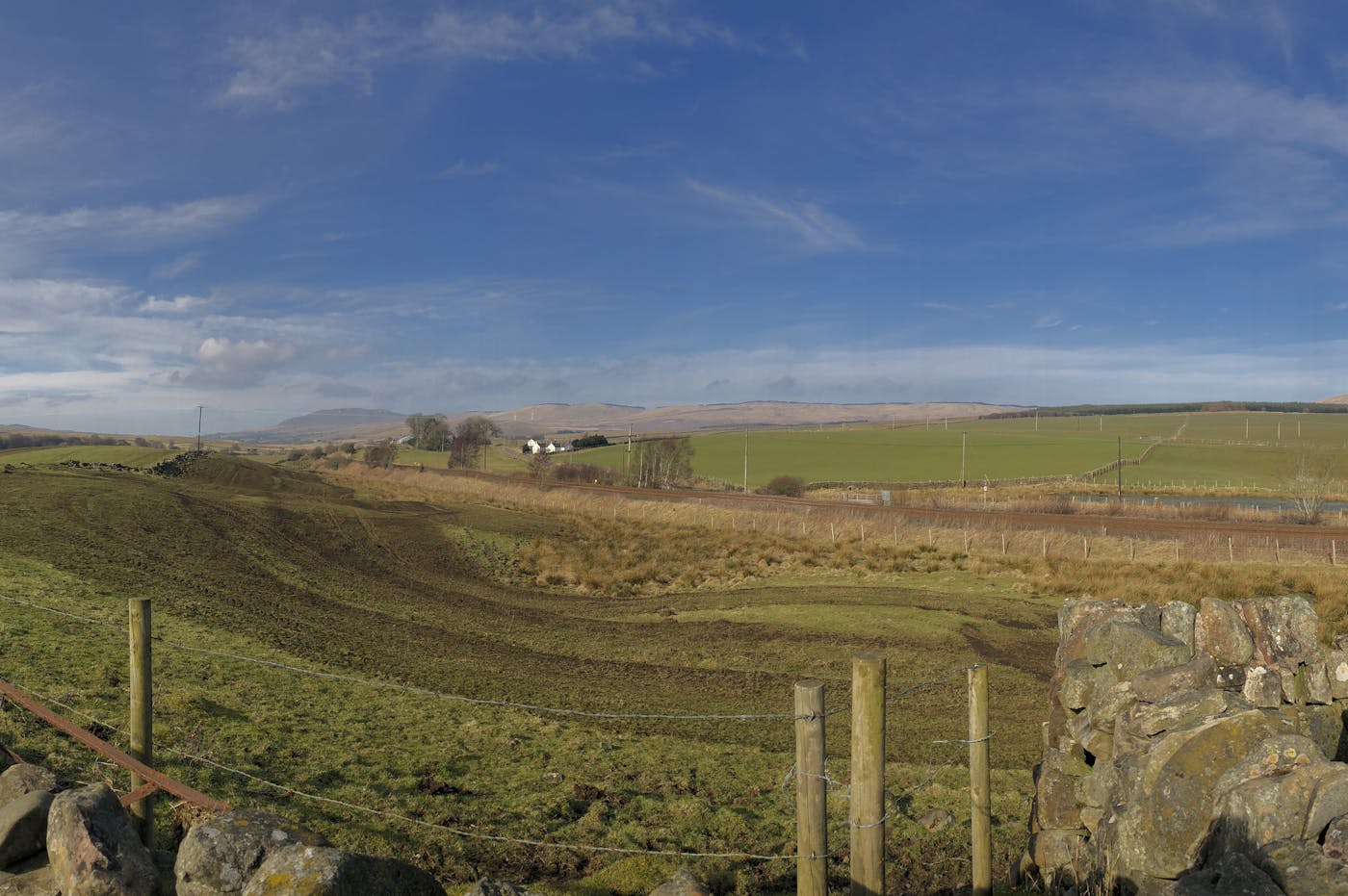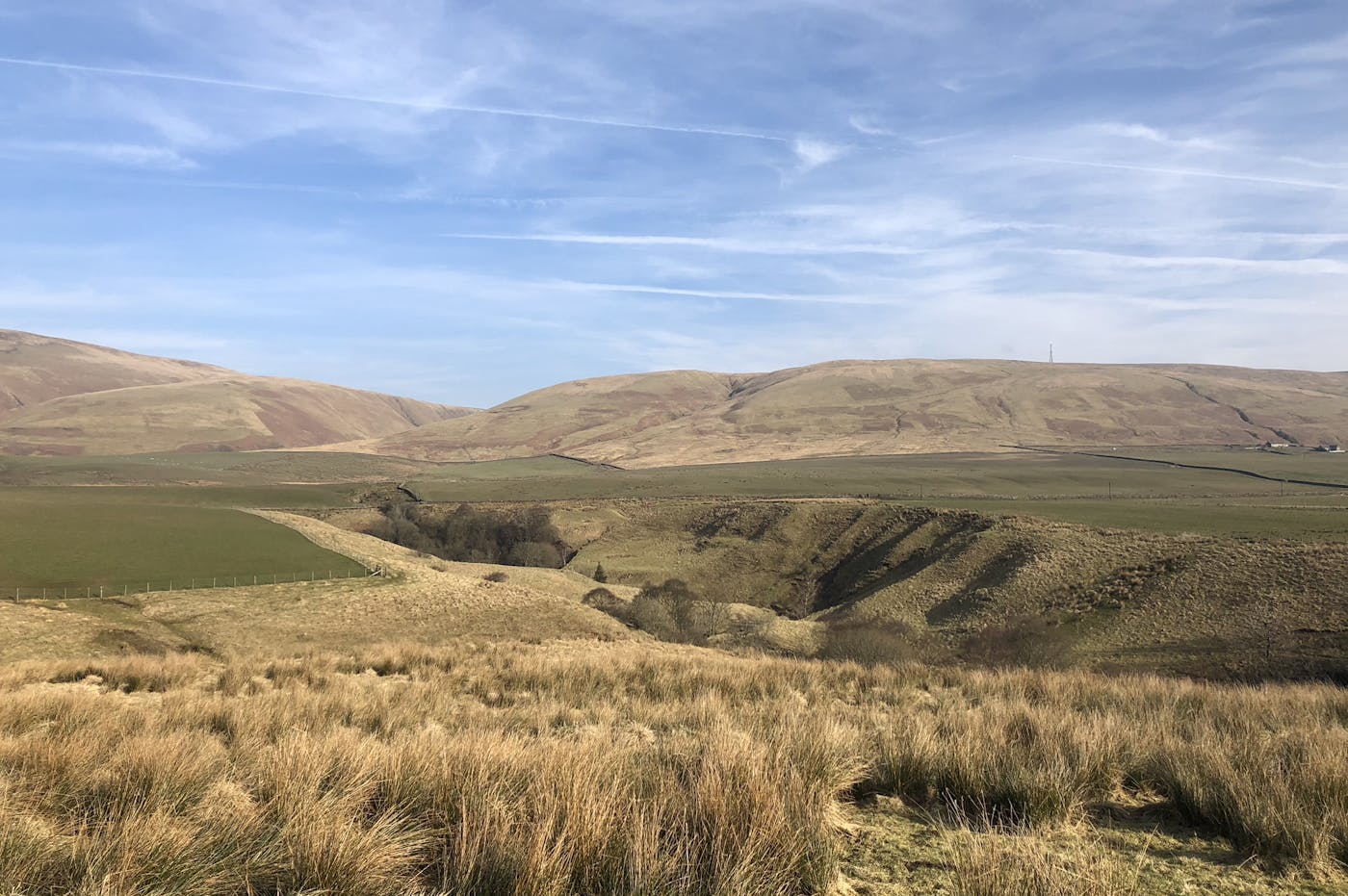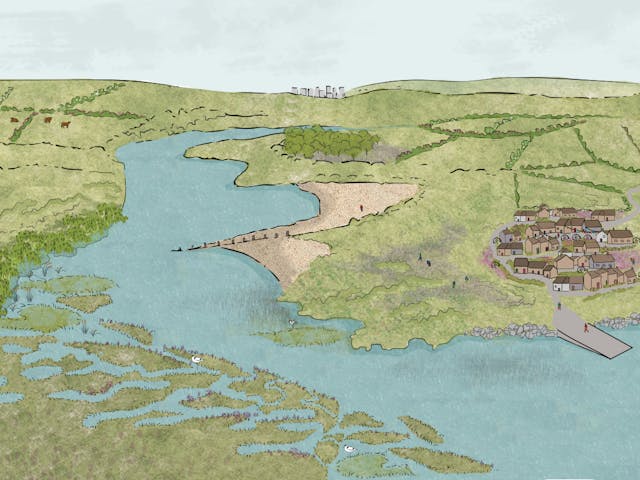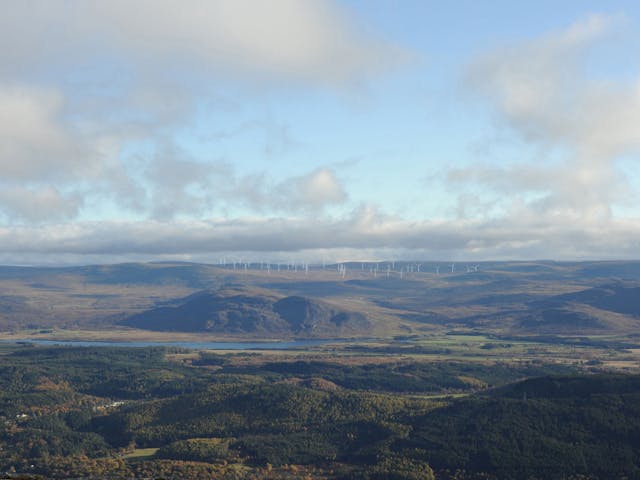
Glenmuckloch to Glenglass Reinforcement Project
Moving forward with renewables in Dumfries and Galloway
Scottish Power Energy Networks (SPEN) owns and operates the electricity transmission and distribution network in central and southern Scotland.
LUC supported SPEN throughout the overhead line routeing and Environmental Impact Assessment (EIA) and consenting process for a new grid connection and substation.
The project, which was consented in April 2024, will connect renewable energy developments in Dumfries and Galloway to the electricity transmission network.
Decarbonising our energy network
LUC worked with SPEN to support the Glenmuckloch to Glenglass Reinforcement Project (GGRP).
The consented Glenmuckloch Pumped-Storage Hydro and other wind farms in the area need significant infrastructure to connect them to the existing electricity transmission network.
This involves a new overhead line from the existing substation at Glenglass, an extension to which has also been consented following the provision of planning and environmental support by LUC, and a new proposed substation at Glenmuckloch.
Connecting renewable energy projects in the area is a vital part of decarbonising the UK’s energy supply system.
Providing extra capacity for renewable projects
The consented GGRP will include a new substation, a steel tower overhead line, access tracks, watercourse crossings and temporary working areas.
Together with the consented extension to Glenglass substation, the project will provide capacity for Glenmuckloch Pumped-Storage Hydro scheme and several wind farms in the area.
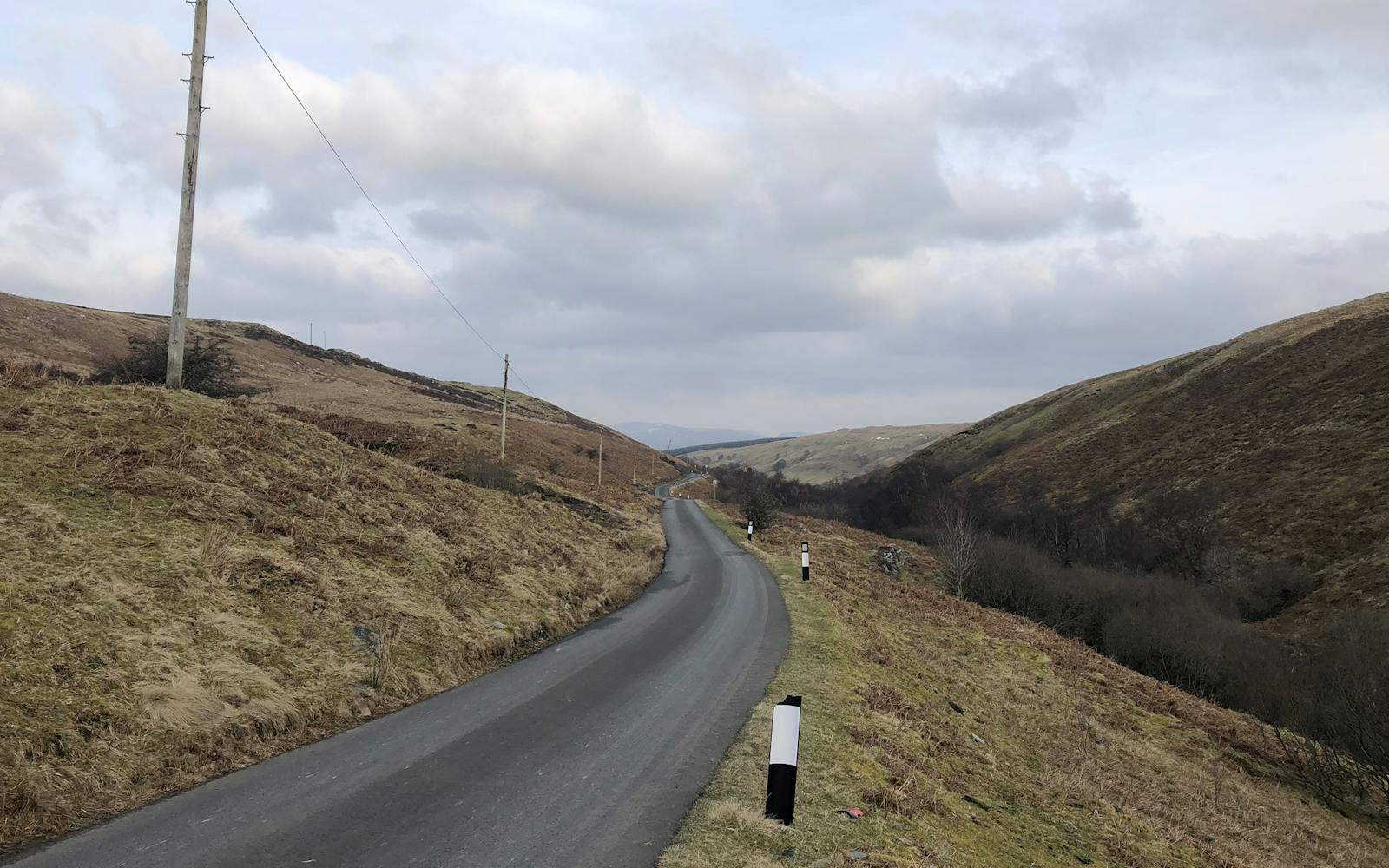
Assessing the impact
Working alongside Kaya Consulting and Mott MacDonald, LUC's planning, ecology, heritage, landscape planning, and GIS teams contributed to the project.
Our experts provided an EIA for the Glenmuckloch to Glenglass Reinforcement Project, including an online and in-person pre-application consultation and several supporting reports for the application for consent.
Helping decision-makers understand environmental impacts
The EIA considered the impact on ecology, ornithology, hydrology, geology, water resources and peat, cultural heritage, and traffic and transport.
The LVIA assessment of potential impacts on landscape and visual amenity was a key part of the work, as was seeking to reduce these potential effects through the routeing process.
